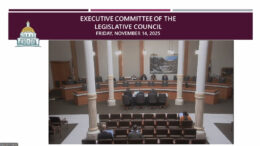Coming soon to your laptop and phone: Video (not just audio) of Colorado legislative committee meetings
A decision by legislative leaders means that Coloradans will be able to watch — not just hear — what happens in committee meetings when the 2026 session of the General Assembly convenes Jan. 14.









